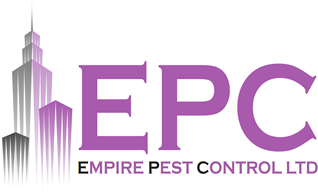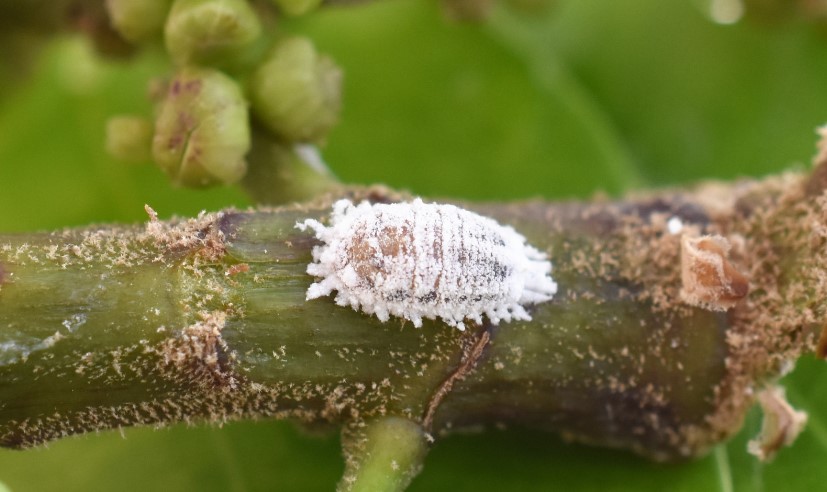Insect infestations in stored foods can be a frustrating and costly problem for homeowners, businesses, and food establishments. These tiny invaders can quickly multiply and contaminate large quantities of food, leading to financial losses and health risks. However, by implementing a few simple best practices, it is possible to prevent and control insect infestations in stored foods effectively. Here, we will discuss the best practices to prevent insect infestations in stored foods.
Best Practices for Preventing Insect Infestations in Stored Foods
Insect pests can infest packed and stored grains, causing significant post-harvest losses, spoiling, lower prices, or grain rejection by buyers. The best practices to prevent insect infestations are,
Proper Storage Containers
Choosing suitable storage containers is crucial to prevent pest infestations. Airtight containers are made of glass, plastic, or metal to keep insects out. Avoid using paper or cardboard boxes as they are easily accessible to pests. Ensure the containers are in good condition and have secure lids or seals to maintain an airtight environment.
Temperature and Humidity Control
Insects thrive in warm and humid environments, so controlling temperature and humidity is vital. Keep the storage area cool and dry, as this makes it less favourable for insect activity. Consider using dehumidifiers or fans to reduce moisture levels. Additionally, store food items away from direct sunlight, as heat and light can accelerate spoilage and attract insects.
Proper Rotation of Stored Foods
Practising a first-in, first-out (FIFO) system when using stored foods helps to ensure freshness and reduce the risk of insect and rat infestations. Rotate food items regularly by using older items first and placing newer purchases at the back of the storage area. This practice minimizes the chances of food becoming stale or attracting insects due to prolonged storage.
Pest-Proofing Measures
Taking preventative measures against pests is essential for long-term insect control. Seal any cracks or gaps in walls, floors, or windows to prevent entry points for insects. Install door sweeps and use weather stripping to create a tight seal. Consider using screens on windows and vents to keep insects out while allowing proper ventilation. Regularly inspect the exterior of your property for any potential sources of infestation, such as trash bins or standing water, and address them promptly.
Natural Deterrents
Specific natural deterrents can help repel insects from stored foods. For example, dried bay leaves, cloves, or peppermint sachets can discourage pests due to their strong odour. Placing these sachets in storage areas can act as a natural repellent. Some essential oils, such as citronella or lavender, can also help deter insects. However, it’s essential to note that these methods may not be as effective as other preventative measures.
Seek Professional Help
If you experience persistent insect infestations despite your best efforts, it may be necessary to seek professional assistance. Pest control experts can assess the severity of the infestation, identify the pest species, and provide targeted treatments to eliminate the problem. They can also offer guidance on preventive measures and ongoing monitoring to ensure long-term insect control.
Conclusion
Preventing insect infestations in stored foods requires a combination of proactive measures and proper maintenance. Following these best practices, such as using airtight containers, maintaining cleanliness, controlling temperature and humidity, implementing pest-proofing measures, and seeking professional pest control services, will help you can prevent the stored grains from insect infestations.





